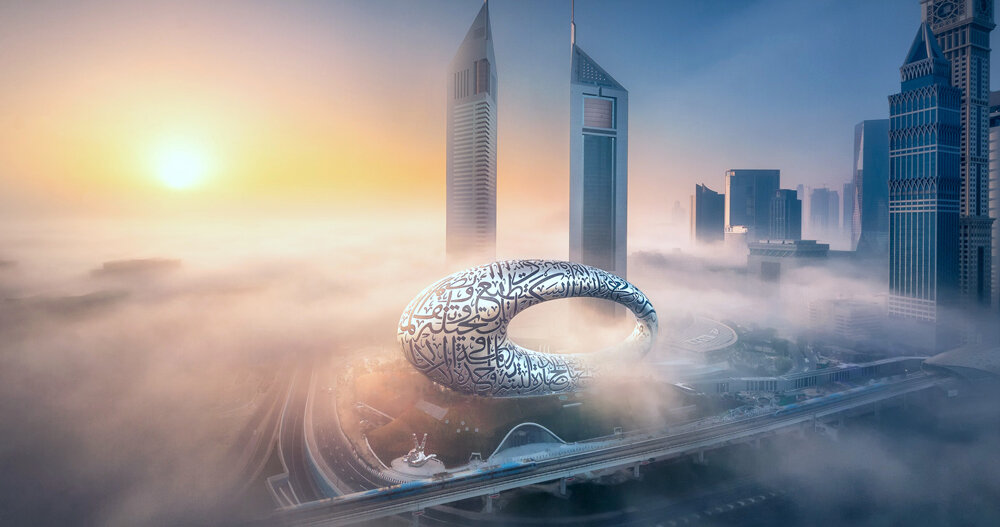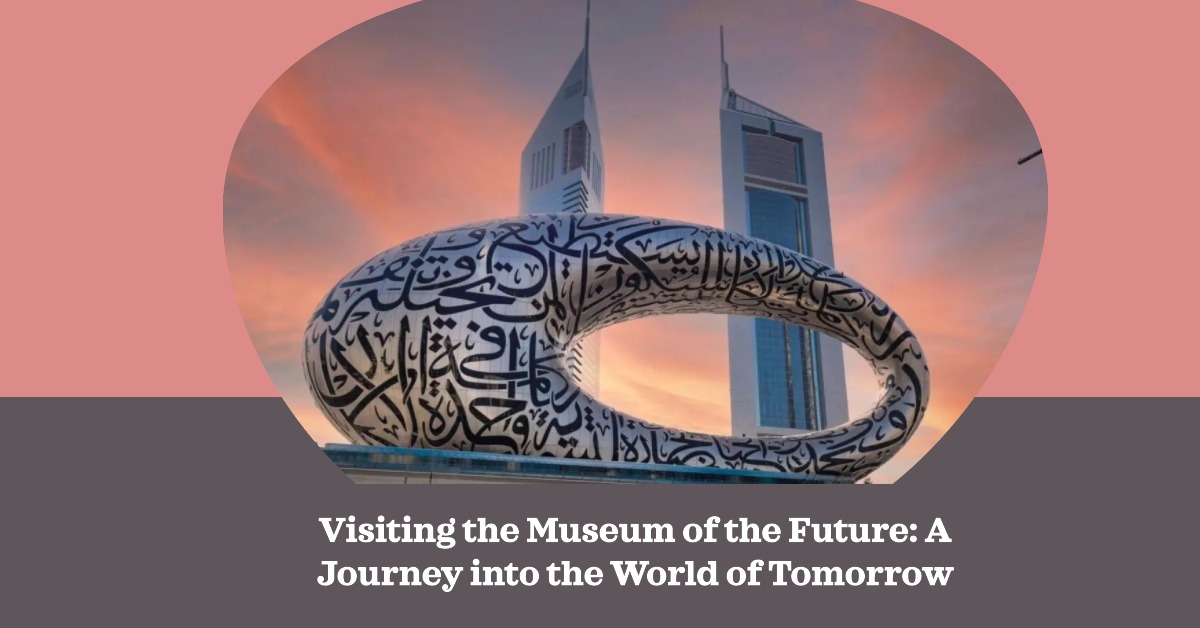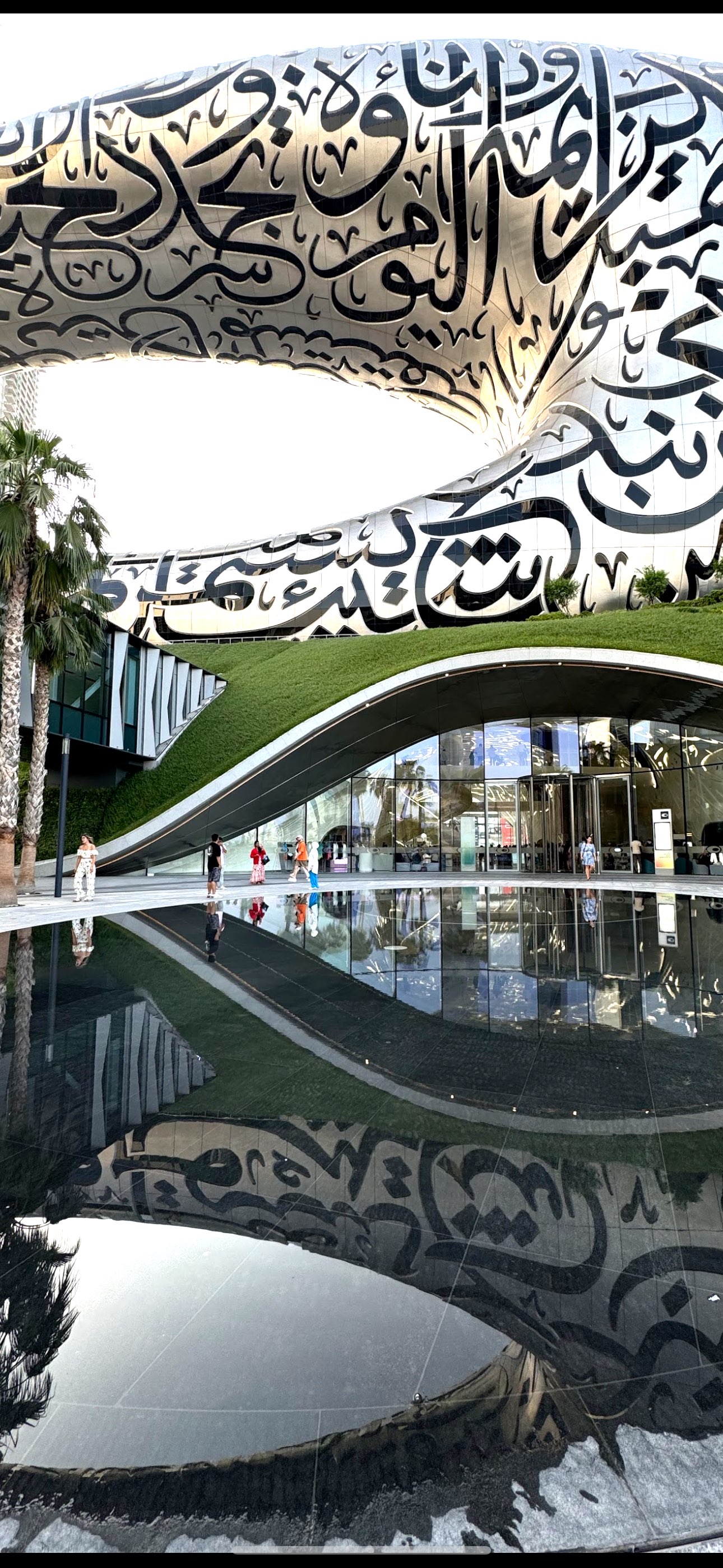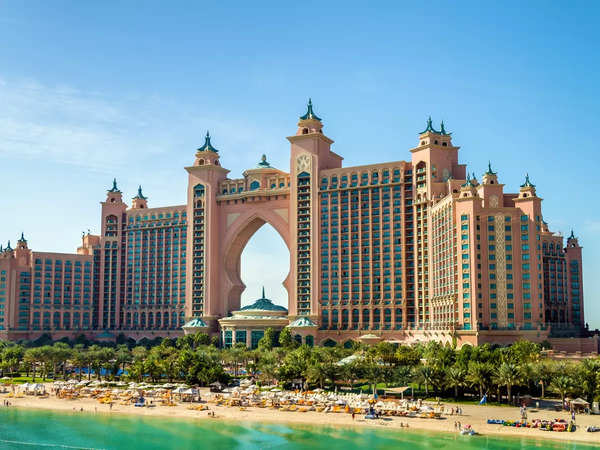

The Museum of the Future: A Glimpse into Tomorrow’s Innovation
Evolution of museums
As society evolved, so did museums. Originally, they served as cabinets of curiosities, displaying rare artifacts and natural wonders for the elite. Over time, they transformed into institutions focused on education and cultural preservation. Today, they embrace inclusivity and interactive learning.
Concept of the Museum of the Future
The Museum of the Future envisions an experience that is dynamic and immersive, utilizing cutting-edge technology. Imagine walking through spaces that blend art and science, offering:
- Virtual Reality Experiences: Travel through history in a virtual world.
- Personalized Data Insights: Receive tailored information based on interests.
- Community Engagement: Encourage local collaborations and cultural exchange.
This approach not only honors tradition but also invites visitors to participate actively in shaping the narrative.

Technological Advancements Transforming Visitor Experience
Virtual and augmented reality integration
The incorporation of virtual and augmented reality (VR and AR) has revolutionized how visitors engage with art and history. For instance, imagine donning a VR headset and stepping into a historical event, witnessing it unfold around you.
Interactive exhibits and immersive displays
Alongside VR, interactive exhibits entice visitors to engage directly. Touchscreens, projection mapping, and sensory installations invite everyone to explore at their own pace.
- Examples include:
- Art installations that respond to visitor movements.
- Touch-interactive maps of archaeological sites.
Personalized tours and digital guides
Moreover, digital guides enhance visitor experiences by offering personalized tours tailored to specific interests. Apps can now curate routes based on user preferences, ensuring that everyone finds the information most relevant to them, making museum visits exciting and unique each time.

Sustainability and Environmental Considerations in Museum Design
Green technologies and eco-friendly architecture
As museums evolve, there’s a growing emphasis on sustainable design. Many are now adopting green technologies and eco-friendly architecture to minimize their environmental impact.
- Examples include:
- Solar panels that power museum operations.
- Rainwater harvesting systems for facility needs.
This commitment not only benefits the planet but also sets a powerful example for visitors.
Sustainable practices in exhibition curation
Additionally, curating exhibitions with sustainability in mind has become essential. Museums are now prioritizing:
- Reusing materials: Utilizing local artifacts and repurposing installation elements.
- Digital displays: Reducing the need for physical artifacts while decreasing carbon footprints.
These initiatives create educational opportunities, encouraging visitors to appreciate the importance of sustainability in today’s world.

Cultural Preservation and Global Outreach
Digital archiving and preservation efforts
In today’s interconnected world, museums are embracing digital archiving and preservation efforts to protect cultural heritage. This transition ensures that artifacts and artworks remain accessible for future generations.
- Key initiatives include:
- High-resolution digitization of artworks.
- Virtual tours that provide global access, breaking geographical barriers.
These efforts not only safeguard valuable treasures but also make them universally available.
Collaborations with international institutions
Moreover, museums are fostering collaborations with international institutions to enhance cultural outreach. By sharing resources and expertise, institutions can:
- Develop joint exhibitions that showcase diverse narratives.
- Facilitate cultural exchange programs that promote understanding.
This global network enriches the museum landscape, allowing for a more holistic appreciation of world cultures.

Challenges and Ethical Implications of Future Museum Trends
Privacy concerns in data collection
As museums innovate, the collection of visitor data raises significant privacy concerns. While personalized experiences enhance engagement, they also bring ethical dilemmas.
- Key issues include:
- How is visitor data stored and protected?
- Are guests fully informed about data use?
These considerations must be prioritized to maintain trust and ensure responsible practices.
Accessibility and inclusivity in digital experiences
Additionally, while digital experiences are on the rise, ensuring accessibility for all is crucial. Museums need to:
- Implement features like audio guides for the visually impaired.
- Provide multi-language support for diverse populations.
Navigating these challenges is essential in creating an inclusive atmosphere, allowing everyone to enjoy the rich offerings of culture and history.

Future Perspectives: Redefining the Visitor Experience
Customization and personalization features
Looking ahead, museums are set to redefine visitor experience through advanced customization and personalization features. Imagine entering a museum and receiving curated recommendations based on your interests, preferences, and previous visits.
- Examples include:
- Tailored audio guides that adapt to your pace.
- Interactive apps that allow visitors to select themes for their tours.
This level of personalization transforms a standard visit into a unique journey.
Forecasting future trends in museum innovation and design
Forecasting future trends reveals an exciting landscape of innovation in museum design. We can anticipate:
- Increased use of AI for predicting visitor behavior.
- Further integration of multisensory experiences that engage all senses.
By embracing these trends, museums will not only enhance educational outcomes but also deepen emotional connections, making every visit memorable.

















